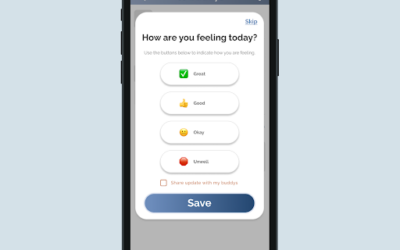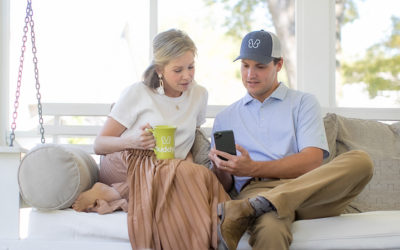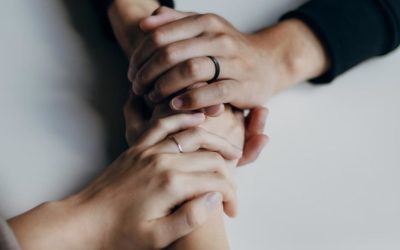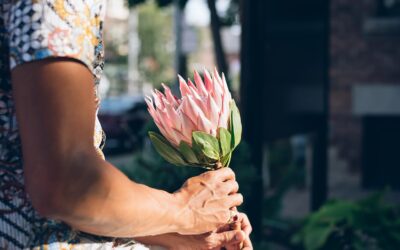By Laura Wagstaff, Counselor, ALC
Writing my thoughts on self care in the year 2022 feels a little silly considering the sea of literature that already exists online. Whether an academic journal, blog post, youtube video, or instagram story: content on self care is incredibly accessible.
However, as a professional who obtained their degree during the height of the pandemic, I found myself constantly being told by professors and coworkers to be practicing ‘good self care’ while also consistently asking myself, ‘What does that even look like?’.
Where does the term come from?
It wasn’t until later in 2021 that I decided to do my own research to better conceptualize for myself what the term self care started as, and what it evolved to be in the American lexicon. In discovering the roots of this term, I was unsurprised to find that historical literature pointed to a model in which ancient cultures relied on individuals to self participate in their well being. Eastern cultures especially have deep rooted practices that promote individual wellness. These practices are commonly seen in the domains of nutrition, spirituality, and movement.
In America, these ideas did not begin manifesting until the later 20th century as medical professionals began finding utility in empowering a patient to take hold of certain aspects of their treatment. This wave was seen in the formation of support groups like Alcoholics Anonymous and movements like the Women’s Health and Wellness Movement. At the time, this was an incredibly radical notion that ordinary Americans could rally in community to offer support for one another in the treatment of a chronic physical illness.
Expanding this idea into the greater cultural lexicon is marked by the decades of American history that are characterized by mainstream activism. The Black Panther party in particular popularized a lifestyle centered around caring for oneself in order to remain able to advocate. Angela Davis and Ericka Huggins specifically, championed a practice of proper nutrition, mindfulness, and yoga after release from incarceration as a means to remain mentally healthy in adverse circumstances.
What are we told about what ‘good self care’ looks like?
After understanding the roots of the term in American culture, I was better able to understand the 2020 lens that self care was viewed through. Content that I was shown generally displayed someone taking time to pamper themselves, meditate, journal, eat clean, drink lots of water, exercise, and clean their space. While all of these examples are helpful in terms of creating an idea of what a self care routine could look like, at the time of beginning my self care journey I found myself feeling it was unattainable.
Realizing that I wasn’t alone in finding self care to be an intimidating concept, I began to think of ways I could boil it down to make the idea feel more like a system I could work toward and less like a person I could never be.
Reframing self care to be centered around needs
One thing that I always came back to was Maslow’s Hierarchy of Needs. For those unfamiliar, the graphic below lays out Abraham Maslow’s theory of how humans meet their needs in order to achieve more nuanced concepts regarding life satisfaction, beginning at the base of the pyramid and working upward.
When my journey to achieve better self care became a priority of mine, I would reference this idea and ask myself where I was on the pyramid. Have I eaten enough food today? Did I get good enough sleep last night? When was the last time I talked to a good friend? When was the last time I did something that made me feel accomplished?
When I was able to approach the idea of self care as meeting my needs as it was applicable to me, a lot began to click. My recommendation to my clients nowadays is when in doubt, always check to see if the bottom rung of the pyramid is covered and work your way up. I’ve found this approach to be a good fit for myself and my clients because it empowers the individual to have awareness of and address whatever need is not being met. Only you can know what genuine self care looks like for you. Any time that is set aside to address what you know your needs to be is time well spent.
Beginning a practice
With all of the information above about where self care originates, what it looks like in today’s America, and potential reframe for meeting needs I wonder if some of you are asking, ‘Okay but where do I start?’.
With any practice, it’s important to have a mindset going in that will serve you. Nicole Martinez and her colleagues found in their research centered on analyzing the concept of self care: that awareness, self control, and self reliance are aspects of the mindset that allow for an individual to achieve, promote, or maintain optimal health and well being. Attaching this idea to meeting needs: we can have an awareness of what is needed for true self care to be accomplished, we can rely on ourselves to meet these needs, and we can have the self control to commit to these acts of care.
Once specific needs are identified, it’s important to start small. Any small step taken in the day is a step in the right direction. Having an intentional mindset when starting a practice of self care to be celebratory of the wins and self-compassionate toward losses can help create a system that you can work toward rather than this brand new person that you have to be in order to attain balance and wellness.
I hope that as 2022 continues, that we can all hopefully begin to reenter a place that feels close to normalcy. Feeling like we know how to take good care of ourselves in the meantime and moving forward will create a better future for us all.










